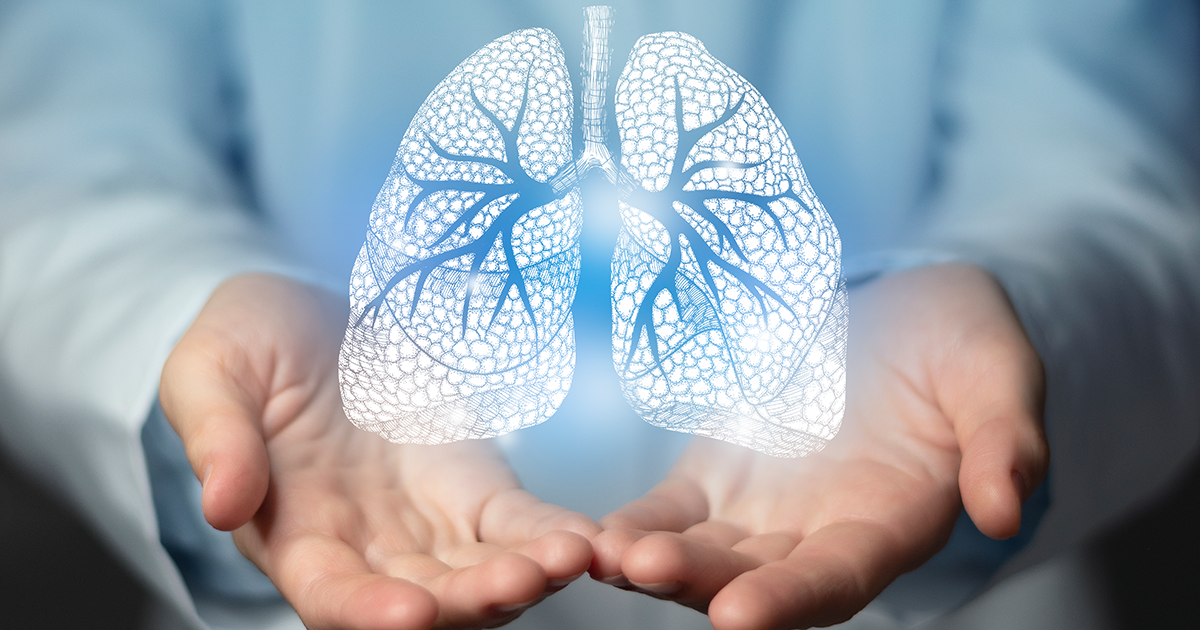
Lung cancer is the leading cause of cancer death and the second most common cancer among both men and women in the United States, according to the American Cancer Society.
At very early stages, lung cancer may not exhibit symptoms. When symptoms do occur, they may include a cough that does not go away, coughing up blood, chest pain, loss of appetite, weight loss, fatigue, shortness of breath, wheezing, or respiratory infections, such as bronchitis, that recur or do not go away.
When lung cancer spreads, it may cause bone pain, jaundice, or swelling of the lymph nodes.
To help detect lung cancer at an early stage, McLaren Greater Lansing is offering a community lung cancer screening event on Wednesday, July 30, at the MSU Health Care at McLaren Greater Lansing Outpatient Imaging Center.
Men and women ages 50-77, who are current smokers or who quit no more than 15 years ago, with at least a 20 pack-year history (one pack of cigarettes a day for 20 years or equivalent), should be screened for lung cancer.
“If you meet the eligibility criteria, it’s important that you get screened yearly,” said Becky Loomis, BSN, thoracic nurse navigator. “You should also watch for and discuss any new symptoms with your physician, including difficulty breathing or a new, persistent cough.”
Screening for lung cancer is a multi-step process. It begins with an office visit to assess needs and risks. Eligible candidates will then undergo low-dose CT scans. These scans are more sensitive than X-rays and can detect abnormalities in the lungs.
“If a nodule or mass is detected with the CT scan, it doesn’t mean you have lung cancer,” said Kilian LaFreniere, DO, Pulmonologist at Capital Internal Medicine Associates. “Many lung nodules are benign, meaning they are not cancerous; however, if the CT shows a nodule or mass, it’s important to get the lesion biopsied to rule out cancer.”
The leading risk factor for lung cancer is smoking. If you are a current smoker, it’s important to stop smoking. Other risk factors include second-hand smoke, exposure to radon or other carcinogens, and arsenic in drinking water. Some risk factors for lung cancer cannot be controlled; these include air pollution and family history.
“While most people who develop lung cancer were previously smokers, we also see lung cancer patients who have never smoked,” said Loomis. “It’s important to avoid secondhand smoke and to get your home tested for radon, which is an invisible gas that can cause lung cancer.”
Click here to learn more about McLaren’s Lung Cancer Screening Event. To register for the event, call (517) 975-3056. Your eligibility will be confirmed, along with insurance information. An appointment time will be provided if you qualify. There is limited availability, and no walk-ins will be screened.
For more articles on health and wellness, click here.